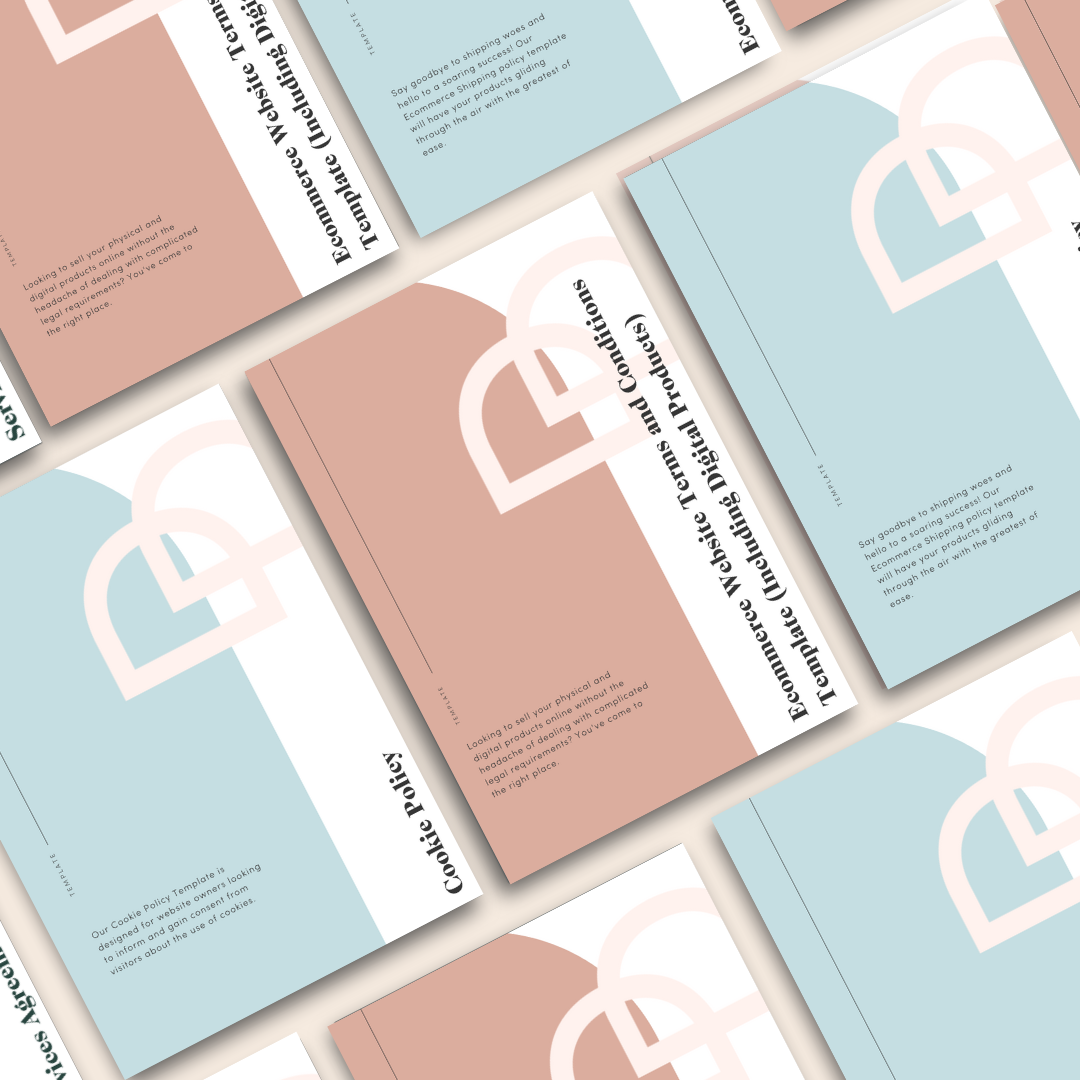Sooo before we dive too deep into this, our short answer is YES. MASSIVE YES. You absolutely need them to protect *clap emoji* yo *clap emoji* self *clap emoji*! Okay, thank you, now we will explain.
Website T&Cs and Disclaimers work together to ensure you’re protected from your website visitors and customers misusing your website and the products or content offered there, as well as protecting you from potential legal claims. Also, we just happen to know this really, really great place to get some cracker disclaimers and website T&Cs to do just that (spoiler alert, it’s here. They’re our disclaimers and website T&Cs Bet you didn’t see that coming!).
Disclaimers
Basically, a disclaimer (which can also be repeated in the website terms and conditions) is a reminder to your clients about how they should be using or interpreting the information and other content on your website. Disclaimers can be aimed towards different particular points, but often they’re about ensuring that people use the products and information offered through and on the website correctly.
Website Terms and Conditions
Website T&Cs are the rules of play for anyone visiting your site. Just like in sport, the rules are to prevent injury and things going wrong. Some of the key areas that they should be covering are set out below.
Intellectual Property
Your website is full of beautiful pictures, words, logos, colour combinations and all of the other things that make it completely and perfectly you and your business. You absolutely want to make sure all of these things are protected so that visitors to your website don’t take or and use them without your permission.
Ability to be on the site
A bit like a bouncer at one too many drinks and two hours past your bedtime, this sets out who can get onto your website and how, by setting out the requirements for eligibility to enter the site. We’re not talking discrimination here - that’s a whole different article - but simply things like ensuring visitors are over 18 so that they can enter into a contract, and requiring them to have read the terms and conditions.
Payments
This section will allow you to set out how you accept payments from your customers. This includes things like stating what currency is your website listed in, and ensuring you have the ability to change the prices as you see fit.
Indemnities, Warranties and Limited Liability
These are the sections that do the bulk of the work with derrière covering. They ensure that your customers are aware of how to use the information that has been provided to them, and give them information about the extent to which you accept liability.
Stopping and changing the website and the terms
Is it time to call it in and shut the website down, or are you planning big, exciting changes? Your T&Cs should notify site visitors that you retain the right to do this - that is, they cannot expect to be able to access the site, or its contents, whenever they please.
How to behave on your site
Set out the code of conduct for users and visitors on your website. This basically allows you to say *please be nice*.
Breaches of the Terms
It’s also important that you set out the consequences - namely, what will happen if the website terms and conditions are breached by someone on your site.
Conclusion
Sooooo, considering everything that website terms and conditions and disclaimers can do - do you really want to be without them?
Head to the templates section of the website to find the right terms and conditions template for you.
Want to stay legally legit but don't know where to start?
***Disclaimer. Please read!!***
This article is for general information purposes only and should be used solely as general guidance. It does not and is not intended to represent legal advice or other professional advice.
All rights reserved. © Foundd Legal Pty Ltd
















